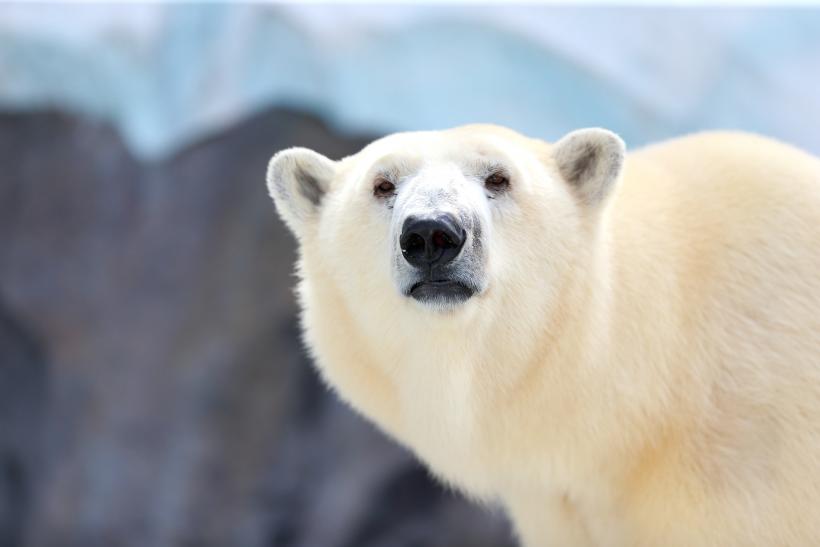
Stuck at work because of... polar bear posse. That happened. (Image Credit: Think Stock)
There are a lot of legitimate reasons to get stuck at work. Last minute conference calls. Emergency orders coming in that need fulfillment. Customers with knotty requests that need time and care to unravel.
Or polar bears swarming your workplace and making it unsafe for you to leave. Because that can happen, right?
It actually is happening on one of the Izvestiy TSIK Islands in the high Arctic. The island, which is 2800 miles from Moscow, is home to a Russian weather station. The scientists who work there have been stuck indoors for the past two weeks because of a large grouping of polar bears in the area.
Polar bears are common in the arctic - obviously - but recently the population on that island has doubled. The scientists usually just use flares to scare the bears off so they can go outside and get up to whatever science they're doing, but they’ve run out of the flares. The bears are literally all over the place - some of them even sleeping directly under the windows of the outpost - and there’s nothing the scientists can really do to get them to leave the area. The bears are an endangered species, and it’s against Russian law to shoot them except in self defense.
There’s no chance for a live-and-let-live situation, either. Polar bears are apex predators and will eat whenever they see prey. Weather scientists count as prey in the polar bear lexicon, so the meteorologists have had to stop any outdoor work, bringing some research to a halt.
A pity, since the reason for the influx of polar bears is habitat loss due to climate change. These scientists could be their salvation, if only the bears would refrain from eating them.
Luckily, the scientists aren’t in immediate danger. A ship will soon stop by the island to resupply the weather station, bringing more of the anti-polar bear flares.







